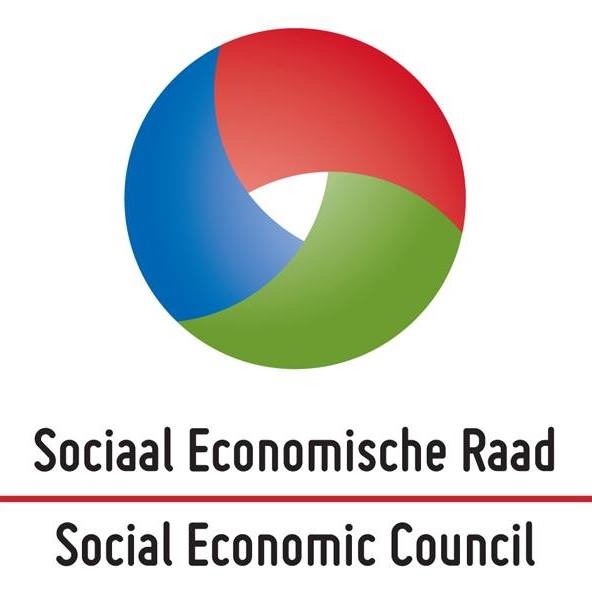A coup at the Social Economic Council (SER)

By Hilbert Haar
When any government announces the “restructuring” of a board or of any organization that is supposed to be independent from the political decision makers, I always become a bit suspicious. The questions that come to mind are always the same: why and why now? When Prime Minister Silveria Jacobs recently announced a restructuring of the Social Economic Council (SER) my alarm bells went off – and they seldom fail me.
What is it exactly that bothers our Prime Minister whose department of General Affairs is responsible for the SER? An evaluation – really, the PM needed one – showed that “the current makeup of the employer-representatives on the board are not in line with the principles of the SER.”
A visit to the SER-website shows that all positions on the board – from the chairman down to the nine board members – are vacant. The light’s on but there is nobody home.
According to a press release from PM Jacobs, the board consisted of the Chamber of Commerce (two members) and the Hospitality and Trade Association (one member) as the reps for employers and the Windward Islands Chamber of Labor Unions for the employees plus two independent experts. A closer look establishes that two of the union-seats are for the WIFOL, and one for the WICSU/PSU unions. The teachers union (WITU) is not represented.
The SER website shows that there are vacancies for two independent experts, two employers organizations and three union-representatives.
That is. Indeed, not balanced, because according to the national ordinance Social Economic Council the board should consist of three members “that can be considered as representatives of the private sector,” three members from employee-circles (read: unions) and three independent experts. Dutch nationality is not a requirement.
These board members step down every three years but they can be re-appointed immediately without a sweat, also if they have been re-appointed before. That did not happen: hence all the vacancies and the PM’s desire to restructure the board.
I asked around about what is happening here and one thing popped up almost automatically: criticism of the Chamber of Commerce’s membership. That is, by any standards, not an employers-organization. It is at best a record keeper and service provider that executes legal tasks for the government. So if Jacobs intends to restructure the SER, the first thing she ought to do is kick the Chamber of Commerce out.
But low and behold: in April the Chamber of Commerce obtained a mandate “to facilitate the creation of an employers-organization” the press release from the prime minister states. The idea was to create an umbrella organization that is open to membership for “various employers-organizations.”
And who are they going to let in the door? Get this: government-owned companies like the harbor, the airport, TelEm and GEBE. Oh, the Indian Merchants Association and the Chinese Merchant Association are also welcome.
What is driving these decisions? It’s speculation time and I welcome anybody who feels the need to correct me. The United People’s party has a strong presence in the Chamber of Commerce and it has a strong dislike for the SHTA – the largest private sector employers-organization) because of its consistent position against corruption. You don’t have to be a history-buff to know that the UP is well-versed in corruption – just consider the election-scandals and the recent conviction of its founder Theo Heyliger.
I am not sure about this, but sources tell me that the possible inclusion of the Indian and Chinese Merchant Associations also point to the UP: the National Alliance would rather die than promote these organizations. True or false? Just let my readers know.
Bringing government-owned companies to the party is another questionable move. Up to now, they never had a seat and that makes sense to me: how can government-owned companies suddenly become the advisor of the government that owns them? Weird. It all feels, as one source told me “as a coup by the UP, executed by the National Alliance.”
The national ordinance Social Economic Council does offer some clues as to who should be allowed to sit on the board of the SER. Organizations that represent either employers or employees have to substantiate their representativeness once every five years based on their number of active members. Question: has this ever been done?
Jacobs’ press release leaves other questions unanswered. For instance: who gave the Chamber of Commerce the mandate to create an employers-organization? And why does the Chamber of Commerce get such a prominent role in this process while there are objective standards to assess credentials for SER-membership?
The final responsibility still lies with Jacobs as the minister of General Affairs. The members of the SER are nominated by her and appointed by national decree.
Once the new board is in place it will become apparent what the SER will have become: a puppet of the government or a cherished independent advisor.
###
Related news:
Prime Minister Jacobs awaiting SER restructure






















